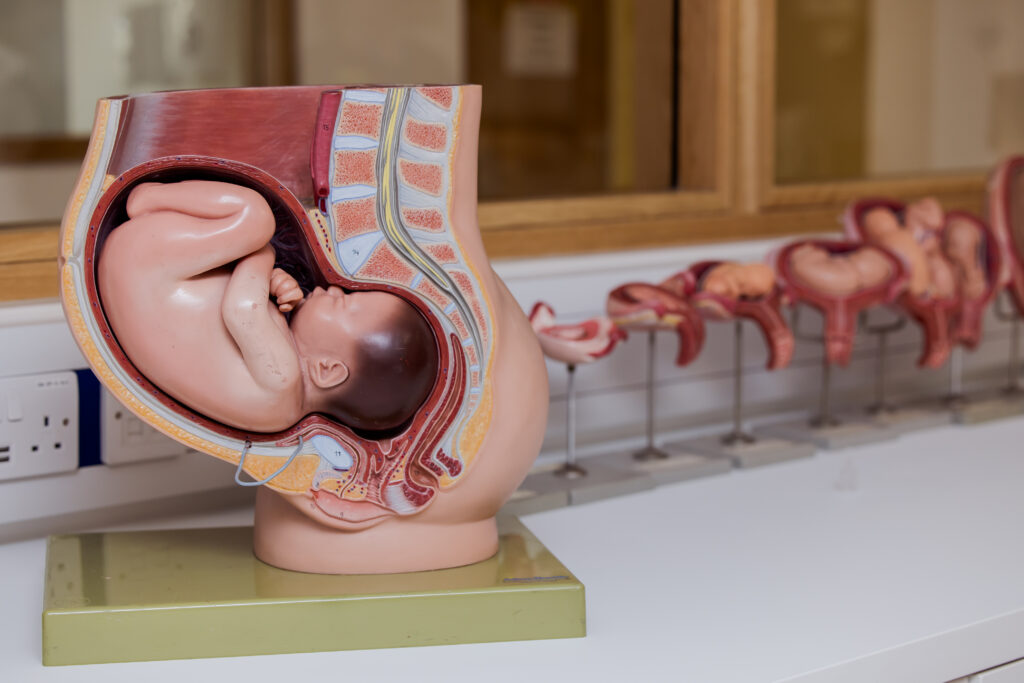The University of Southampton has released two new evidence briefings exploring the relationship between midwifery staffing levels and the quality of maternity care.
Compiled by researchers from the University’s workforce research group, these briefings provide vital insight into safe staffing in maternity services. The findings will be of interest to maternity professionals, policymakers and service planners across the UK. The two briefings are as follows:
What is the evidence to support the use of Birthrate Plus® to guide safe staffing in maternity services?
This briefing evaluates the evidence base underpinning the Birthrate Plus® (BR+) tool, a widely-used system developed in the late 1980s that estimates midwifery staffing needs across NHS maternity services. Review questions examined evidence surrounding the reliability and validity of BR+, looking at effectiveness (including care outcomes and cost) compared to other maternity staffing methods. 23 sources of evidence were identified for review.
Researchers found that the extent of data-driven evidence surrounding BR+ was “very limited”, with much of the research taking BR+ as a given for maternity staffing. Despite this, there was sufficient evidence of associations between midwifery staffing levels and outcomes to infer that increases in staffing levels guided by BR+ are likely to be associated with improved quality of care. However, much of the evidence was highly variable, so researchers concluded that further assessment of BR+ is needed, including research to determine the precision of underlying estimates, the ability of BR+ based establishments to deal with variable need, and comparison with alternative approaches to setting establishments.
Is the quality of maternity care related to the number of midwives and their workload?
The second evidence brief used a systematic scoping review of 28 studies and included findings from four new research studies using NHS data. This includes both organisational and ward-level staffing, incorporating data on midwives and maternity support workers. The study considered a range of outcomes including clinical events, postnatal readmissions and women’s experiences of care.
The evidence presented in the scoping review highlights the potential impact of understaffing on a range of outcomes. It justifies the need to address low staffing levels, and match staffing to women’s needs. It also suggests that maternity support workers contribute to women’s experience of care, but not to safety or readmissions. For this reason, they should not be deployed as a substitute for midwives within staff planning processes.

Citations:
Griffiths, P., Turner, L., Lown, J., Barker, H., (editor) and Fogg, C., (editor) What is the evidence to support the use of Birthrate Plus® to guide safe staffing in maternity services? Evidence Brief, University of Southampton. 2025
Turner, L., Kitson-Reynolds, E., Ball, J., Griffiths, P., Barker, H., (editor) and Fogg, C., (editor) Is the quality of maternity care related to the number of midwives and their workload? Evidence Brief, University of Southampton. 2025


